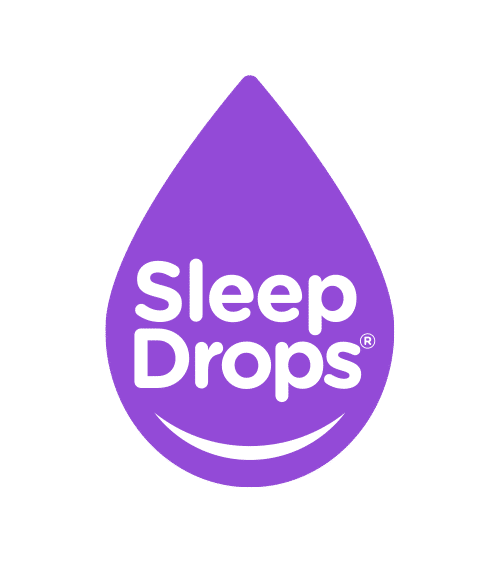Blog at a Glance
- 50% of the population struggle with sleeping issues due to our stress levels from an increasing dependency on technology, processed foods and a rush rush rush mentality.
- Our increase in stress levels means our body is always on high alert and our brain finds it hard to switch off at night.
- Read the tips below to help you wind down and fall asleep faster at night.
Lying awake at night with a busy mind or stressing about sleep can feel like torture. If you find it hard to get to sleep at night you’re not alone. Around 50% of the population struggle with sleeping issues and this number is on the rise. So why is this the case? The truth is there isn’t just 1 reason. The increasing dependency on technology, more sedentary behaviour and processed foods, combined with a high-stress environment and a rush, rush, rush mentality mean we are non-stop on the go ALL the time.
This constant rushing means that your body is continuously on high alert – so it’s no wonder your brain finds it hard to switch off at night! If you’re struggling to get those all-important 8 hours of z’s each night read on for some helpful hints. (No it doesn’t include counting sheep!)
– Wake up to the sun It’s important to always wake up at the same time every day (including weekends) to help set your natural sleep-wake cycles or circadian rhythm. Exposing your eyes to at least 15 minutes of direct sunlight in the morning will also help to set your sleep-wake cycles to help release the sleep-inducing hormone Melatonin at night. Tip: Get outside for at least 15 minutes before 12 pm and leave your sunglasses behind! The bonus is sunshine acts as your morning coffee, waking you up so you feel more alert and energised for the day.
Cut the Caffeine Coffee is the world’s more commonly consumed, performance-enhancing drug activating your stress hormones so you feel more alert, awake or even anxious or jittery if you overdo it. Your tolerance and effect of caffeine are different for everyone but on average takes 12 hours for your body to breakdown.
Tip: Stick to one caffeinated beverage a day and consume as early in the day as possible. If you are highly susceptible to the impact of caffeine then switch to decaf coffee or herbal teas and avoid altogether.
-Turn your devices off The blue light emitted from your cell phone, tablet, or digital clock on your bedside table interferes with your sleep and makes it harder to fall asleep.
Tip: Set an alarm on your main device – usually your smartphone. Then turn off any TVs, computers, and other blue-light sources an hour before you go to bed. Cover any displays you can’t shut off and take your alarm clock out of your room.
– Ensure your neck is in correct alignment The position of your head and neck whilst sleeping is super important. Invest in a good pillow to ensure your neck is in a “neutral” position when you’re resting on your back. It should be just the right amount of support and size – not too hard, not too soft, not to fat and not too flat.
Tip: If you sleep on your side try to line your nose up with the centre of your body. Never sleep on your stomach as it is really bad for your neck.
-Have a consistent bedtime Erratic sleep schedules and nighttime activities can interrupt your circadian rhythm and negatively impact your sleep quality.
Tip: Try to go to bed and get up at the same time each day. This will help to reinforce your body’s sleep-wake cycle. Set an alarm on your phone to remind you when to go to bed and follow a relaxing wind-down routine to help promote sleepiness and tell the body it’s time for bed.
– Eat and drink sensibly before bed Going to bed either hungry or too full can cause discomfort and make it hard to fall asleep at night. Alcohol may help you drift off faster, but can later lead to poor quality sleep and may cause you to wake in the night. Try to limit your intake of alcohol before bedtime.
Tip: Having a small snack before bed that contains both protein and carbs will provide the amino acids you need for quality sleep as well as the necessary nutrients to help them cross the blood-brain barrier.
– Manage your stress I can’t stress this enough (pun intended). Stress is a HUGE contributor to sleeping troubles so if stress is an issue for you it is important to target stress management as a means to help you sleep better at night.
Tip: Regular exercise and meditation can help lower stress hormone levels. Try to avoid stimulants such as coffee, sugar and energy drinks as these create rollercoasters of cortisol production which can leave you shattered in the day and wired at night.
If you are still lying awake at night feeling overwhelmed or with racing thoughts then our SleepDrops for Adults is natural sleep support to help switch off a busy mind and help you fall asleep faster.
Mineral supplementation with a comprehensive formula such as SleepDrops Essential Sleep and Stress Nutrients can offer additional support of you are struggling to get your stress levels under control and have trouble sleeping at night.
For more tips to help you fall asleep faster and stay asleep, see our e-book,‘1 Week to a More Restful Sleep Programme’.

